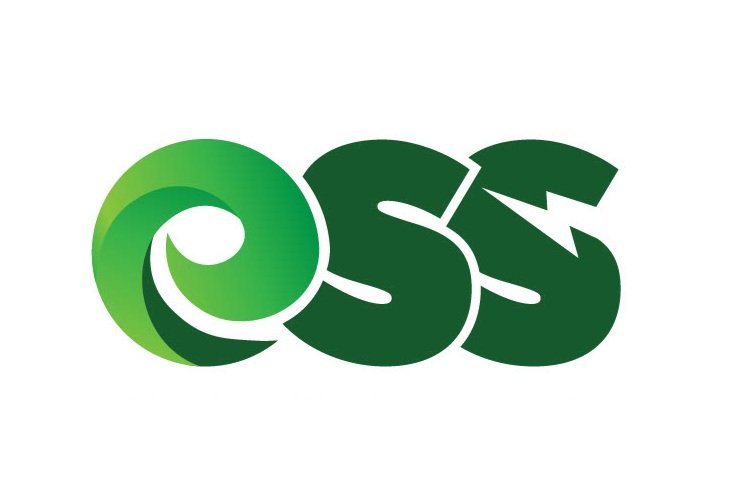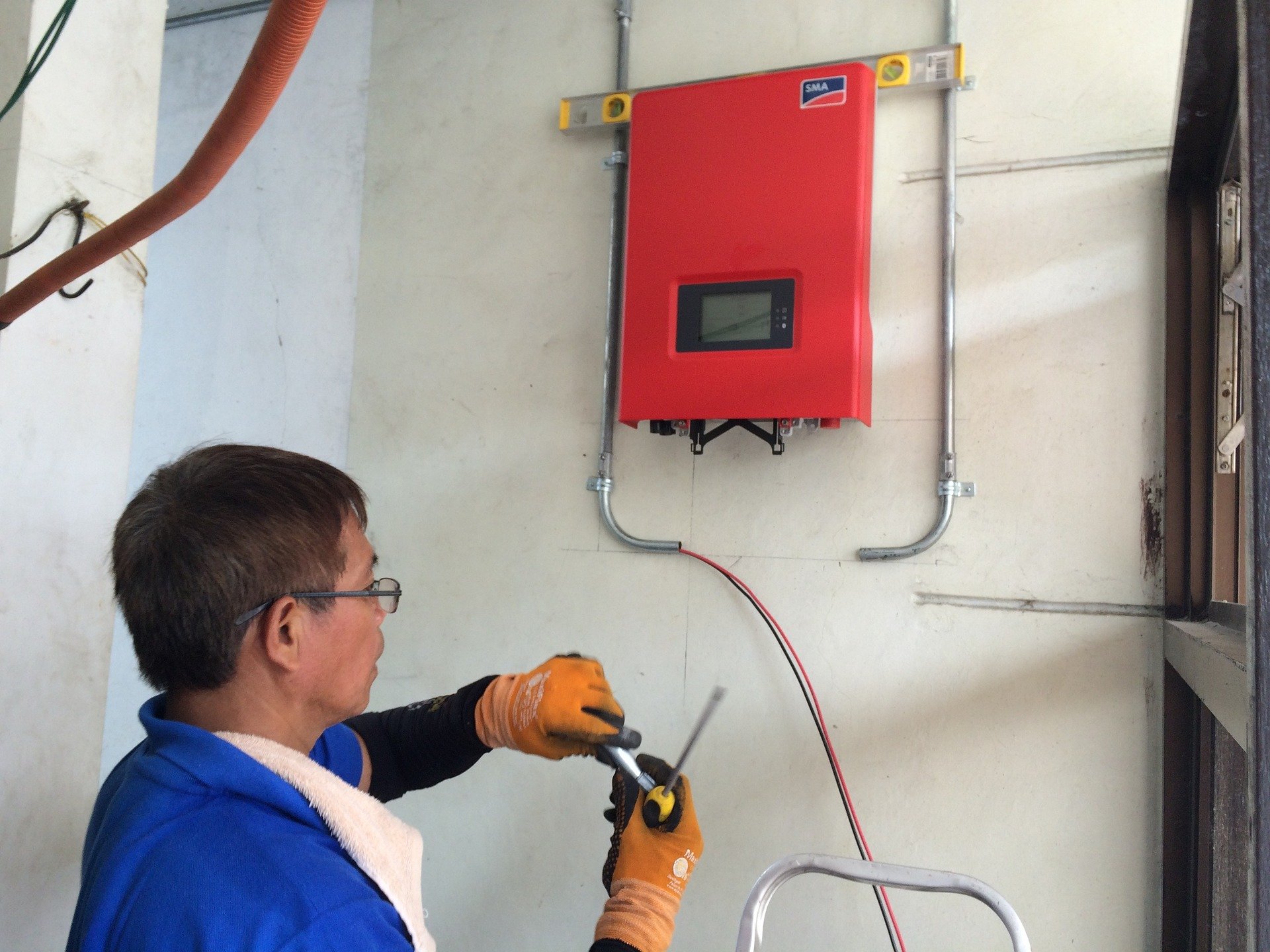How Solar-Powered Air Conditioning Works
Intro
Solar-powered air conditioners are gaining popularity as sustainable and energy-efficient solutions for cooling homes and businesses. These systems offer many benefits and help reduce our dependence on conventional energy sources. This article will discuss the benefits, features, and different types of solar-powered air conditioners.
The Benefits of Solar-Powered Air Conditioning
Solar-powered air conditioning brings several advantages to homeowners and businesses:
Environmental Benefits: By utilizing solar energy, these systems significantly reduce carbon emissions and the reliance on fossil fuels, helping combat climate change and promote a greener planet.
Cost Savings: Solar-powered air conditioning can lead to substantial long-term savings on electricity bills. By generating electricity from the sun, users can reduce their reliance on the grid and potentially even sell excess energy back to the utility company.
Energy Independence: Solar-powered air conditioning provides energy independence, allowing homeowners and businesses to produce electricity and reduce their dependence on external energy sources.
How Does a Solar Air Conditioner Work?
Solar air conditioners operate on a similar principle to traditional air conditioners but with the added advantage of solar energy integration. Here's a simplified explanation of their functionality:
Solar Panels: Solar panels, also known as photovoltaic (PV) panels, capture sunlight and convert it into direct current (DC) electricity through the photovoltaic effect.
Inverter: The DC electricity generated by the solar panels is then sent to an inverter, which converts it into alternating current (AC) electricity that can be used to power the air conditioning unit.
Air Conditioning Unit: The AC electricity from the inverter powers the air conditioning unit, which cools the indoor space by removing heat and humidity.
Energy Storage or Grid Integration: Solar air conditioning systems may include energy storage solutions, such as batteries, to store excess solar energy for use during the night or periods of low sunlight. Alternatively, they can be integrated with the electrical grid, allowing users to draw electricity from the grid when needed and feed excess energy back into it.
Solar-Powered Central Air vs. Mini Splits
There are two main solar air conditioning systems: central air conditioning and mini splits. Let's compare the two:
Central Air Conditioning: Central air conditioning uses a network of ducts to distribute cooled air throughout the entire home or building. It is typically more suitable for larger spaces and new construction projects. Solar-powered central air conditioning systems integrate solar panels to power the unit and reduce reliance on the electrical grid.
Mini Splits: Mini splits, also known as ductless air conditioners, consist of an outdoor unit and one or more indoor units. They are ideal for cooling individual rooms or smaller spaces and can be retrofitted into existing buildings. Solar-powered mini splits offer energy-efficient cooling by harnessing solar power to run the units.
How Many Solar Panels to Run an Air Conditioner?
The number of solar panels required to run an air conditioner depends on several factors, including the energy consumption of the AC unit, geographical location, and available sunlight. A solar professional like ESS Solar can provide an accurate estimate based on these factors and recommend the appropriate panel configuration.
Solar-Powered Mini Split
Solar-powered mini-split systems have gained popularity due to their efficiency and versatility. They offer the following benefits:
Energy Efficiency: Solar-powered mini splits are highly energy-efficient, allowing users to cool specific areas without wasting energy on unused spaces.
Cost Savings: Mini-splits can significantly reduce electricity bills, especially in combination with net metering or battery storage options.
Easy Installation: Mini splits are relatively easy to install, requiring minimal disruption to the existing structure. They are an excellent option for retrofitted buildings or spaces without existing ductwork.
Solar-Powered Central Air Conditioner
Solar-powered central air conditioning systems can efficiently cool large spaces or entire buildings. Consider the following advantages:
Whole-House Cooling: Central air conditioning ensures consistent cooling throughout the home or building, maintaining comfort levels in every room!
Improved Efficiency: By integrating solar panels, central air conditioning systems reduce energy consumption and provide cost savings over the system's lifespan.
Integration with Existing HVAC: Solar-powered central air conditioning can be seamlessly integrated with existing HVAC systems, allowing users to leverage solar energy while maintaining comfort.
How Effective is Solar Air Conditioning?
Solar air conditioning systems are highly effective, provided they are properly designed, sized, and installed. The effectiveness can be influenced by factors such as the orientation and tilt of the solar panels, the availability of sunlight in the location, and the system's size and efficiency. Contact a qualified solar professional to ensure the system is optimized for efficiency.
Solar Air Conditioner Savings
Solar air conditioning systems offer significant cost savings potential. By harnessing solar energy, users can reduce their dependence on the power grid and lower their electricity bills. In addition, surplus energy generated during peak solar power generation feeds back into the grid, potentially offering credits and payments from utility companies. Over time, these savings can offset your initial investment in solar air conditioners.
Types of Solar Air Conditioning
There are two primary types of solar air conditioning systems:
Solar PV Air Conditioners: Solar PV air conditioners directly utilize the solar electricity generated by photovoltaic panels. They offer high energy efficiency and are particularly suitable for areas with ample sunlight.
Solar Thermal Air Conditioners: Solar thermal air conditioners use solar heat to power absorption or adsorption cooling processes. They are highly efficient and effective even in areas with lower solar radiation.
Cost and Value of Solar AC
The cost of solar air conditioning systems can vary depending on system size, type, and installation requirements. While the initial investment may be higher than traditional air conditioning, the long-term value and return on investment (ROI) make it a worthwhile choice. Reduced energy bills, potential tax breaks, and increased property value contribute to the overall cost-effectiveness of solar air conditioning.
Tax Breaks and Other Incentives
Several tax breaks, incentives, and rebates are available to promote the adoption of solar air conditioning and other renewable energy systems. These incentives vary by location, so it's essential to research and take advantage of available programs. Consult with local authorities or a solar professional to explore potential financial benefits in your specific area.
Concerns about Solar Air Conditioners
While solar air conditioning systems offer numerous advantages, it's important to address common concerns:
Upfront Costs: The initial investment in a solar air conditioning system may be higher compared to traditional systems. However, the long-term savings and potential incentives often outweigh the upfront costs.
Maintenance: Solar air conditioning systems generally require minimal maintenance, similar to traditional AC units. Regular inspections and cleaning of panels, as well as occasional maintenance of the AC unit, ensure optimal performance.
Reliability: Solar air conditioning systems are designed to operate reliably. By incorporating energy storage solutions or grid integration, they can continue to provide cooling even during nighttime or periods of low sunlight.
Frequently Asked Questions (FAQ)
-
Yes, solar air conditioners are worth it for several reasons. They offer long-term cost savings by reducing electricity bills and providing energy independence. Additionally, they contribute to a cleaner environment by using renewable energy sources.
-
BTU stands for British Thermal Unit. It is a unit of measurement commonly used in the HVAC industry to quantify the amount of heat energy an air conditioner can remove from a room or space. It helps determine the cooling capacity of an AC unit.
-
Solar air conditioning typically relies on sunlight to generate electricity. However, some systems incorporate energy storage solutions, such as batteries, to store excess solar energy generated during the day. These batteries can power the air conditioner during nighttime or periods of low sunlight, ensuring continuous operation.
Conclusion
Solar-powered air conditioning offers numerous benefits, including environmental sustainability, cost savings, and energy independence. By harnessing solar energy, homeowners and businesses can enjoy efficient cooling and reduce their carbon footprint. Both solar PV air conditioners and solar thermal air conditioners provide effective and eco-friendly cooling solutions.
In conclusion, solar-powered air conditioning is a smart and sustainable choice for homeowners and businesses. By harnessing the power of the sun, these systems offer numerous benefits, including reduced reliance on traditional energy sources, cost savings, and a greener footprint. Whether you opt for a solar-powered central air conditioner or a mini-split system, integrating solar energy into your cooling needs can provide long-term value and environmental stewardship.
Key Takeaways:
Solar-powered air conditioning brings environmental benefits by reducing carbon emissions and dependence on fossil fuels.
Solar air conditioners work by converting sunlight into electricity through solar panels and powering the air conditioning unit.
Central air conditioning and mini splits are two types of solar-powered air conditioning systems, each with its own advantages and suitable applications.
The number of solar panels required to run an air conditioner depends on factors like energy consumption, location, and sunlight availability.
Solar-powered mini splits offer energy-efficient cooling for individual rooms or smaller spaces, while central air conditioning systems provide whole-house or building cooling.
Solar air conditioning systems are effective when properly designed and installed, and they can result in significant cost savings over time.
There are two main types of solar air conditioning: solar PV air conditioners that use solar electricity and solar thermal air conditioners that utilize solar heat.
The cost and value of solar AC systems vary, but the long-term savings and potential incentives make them financially viable.
Tax breaks, incentives, and rebates are available to encourage the adoption of solar-powered air conditioning systems.
Common concerns about solar air conditioners include upfront costs, maintenance, and reliability. These can be addressed with proper planning and professional assistance.
Don't forget to talk to a trusted solar expert who can help you select and install the right solar air conditioner for your specific needs. Combine solar power with efficient cooling to experience comfort, savings, and environmental responsibility in one package.





